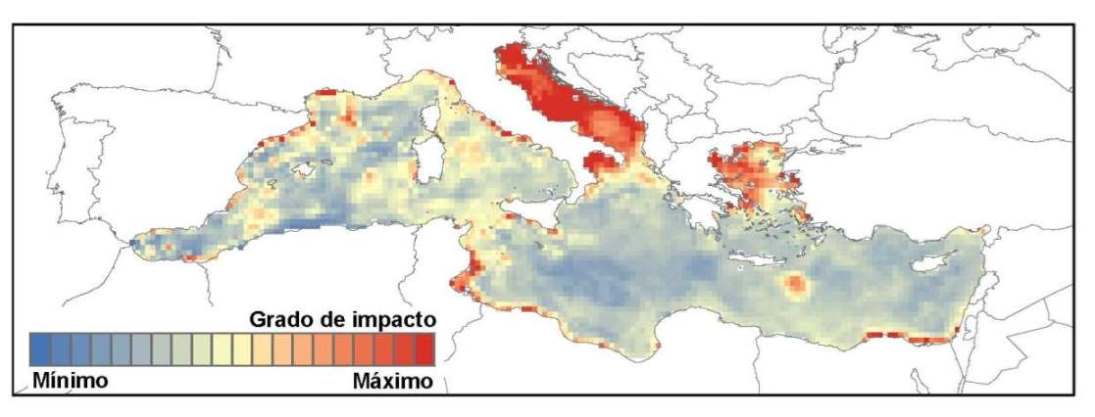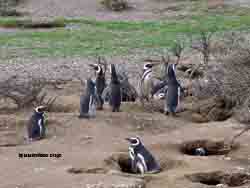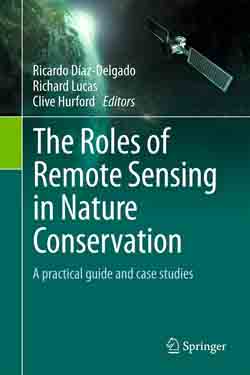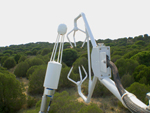
Welcome
Welcome to the official website of the Doñana Biological Station (EBD-CSIC)...

The Doñana Biological Station: EBD-CSIC
The Doñana Biological Station is a public Research Institute belonging to the Spanish Council for Scientific Research CSIC in the area of Natural Resources...

Mission
Our fundamental mission is to carry out multidisciplinary research of the highest standard directed to understanding the way in which biodiversity is generated, maintained and deteriorates, as well as the consequences of its loss...

Our methods
We apply many techniques within a multidisciplinary framework, from molecular genetics to remote sensing, and from modelling to physiological and isotopic analyses...

Monitoring the environment
Monitoring biodiversity at the Doñana Natural Space cover a wide range of communities, including both terrestrial and aquatic organisms...

Aims
Our aims include the study of the ecological and evolutionary processes by combining field work, mathematical and statistical models and physiological and genetic analysis...
 Outstanding
Outstanding
-
 Identifying the most threatened areas by human activity in the Mediterranean Sea
Identifying the most threatened areas by human activity in the Mediterranean Sea -
 An adaptive method for identifying marine areas of high conservation priority
An adaptive method for identifying marine areas of high conservation priority -
 17_Portada_RemoteSensing
17_Portada_RemoteSensing -
 Invitacion_libro_The Role of Remote Sensing
Invitacion_libro_The Role of Remote Sensing -
 The roles of remote sensing in nature conservation
The roles of remote sensing in nature conservation
 News
News
Content with tag remote sensing .
 Identifying the most threatened areas by human activity in the Mediterranean Sea
Identifying the most threatened areas by human activity in the Mediterranean Sea
 An adaptive method for identifying marine areas of high conservation priority
An adaptive method for identifying marine areas of high conservation priority
 The roles of remote sensing in nature conservation
The roles of remote sensing in nature conservation
 Turning up the heat on global hotspots of marine biodiversity
Turning up the heat on global hotspots of marine biodiversity
Is this trend the same everywhere around the world? How can this be determined in an environment as remote, vast and inaccessible as the ocean? This study determined that there are places where the temperature increase and associated...





